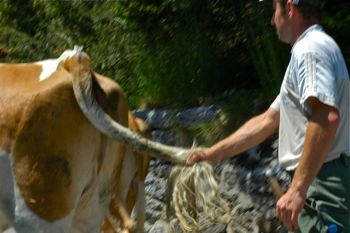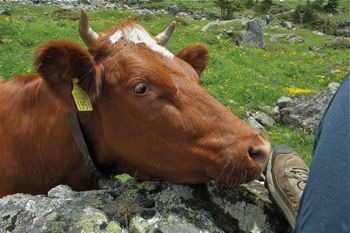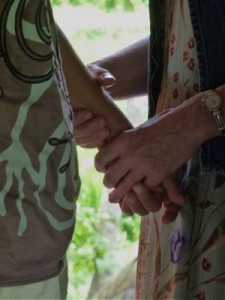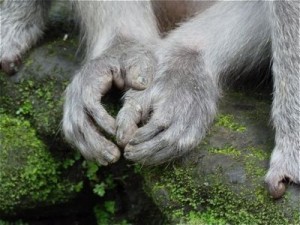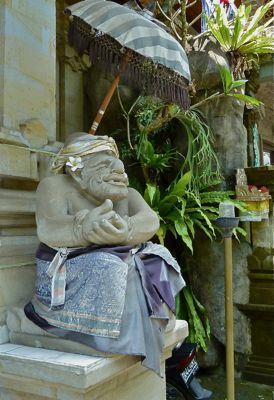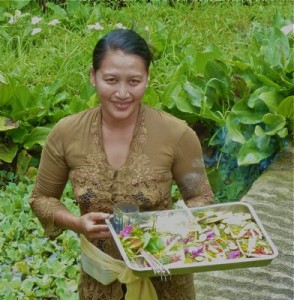Coming to Trust, Part 3: Developing Trust

“Trust one man with your money and another man with your wife.”
(Old Persian saying)
When you think about whether or not to trust, ask yourself, “Trust TO WHAT?” To return a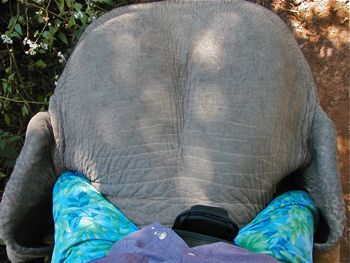 borrowed book? To keep a confidence? These things are hard for some people and easy for others. To never hurt you, read your mind, and put your needs and interests ahead of their own? This is unrealistic.
borrowed book? To keep a confidence? These things are hard for some people and easy for others. To never hurt you, read your mind, and put your needs and interests ahead of their own? This is unrealistic.
Example: I have a friend who is unreliable about time. I trust her to keep me waiting and to inconvenience me. For this reason I do not set myself up by making time-dependent plans with her. We may take separate cars or meet at her place instead of mine. I make back-up plans. She is exceptional, creative and funny. I trust her sense of humor, her heart, and her loyalty.
An important distinction about trust is supported by this Far Side cartoon: Mr. Chicken is on the couch reading the newspaper. His wife has just rushed up to the door, breathless. She has a leash in her hand. The front door has just been slammed behind a large, panting dog. Mrs. Chicken says, “You raise a dog from a pup and what do you get!? A chicken killer!”
This cartoon is practically a parable. Healthy, adult trust takes into account the nature of the other. In wisdom we trust someone to act according to his or her character, history, and context.
Wanting to be liked can set you up for misplaced trust, especially if you have a friendly but vulnerable nature like Mrs. Chicken. Those who abuse trust are keenly attracted to a trusting heart. It’s their food.
If you want someone to hunger for you, go ahead and lay out absolute trust like bait. Don’t be surprised if the person you attract goes all werewolf on you down the line! Here is the antidote to holding out food that attracts people who will hurt you: Get clear about the difference between needy, compulsive hunger and genuine love. This will greatly increase your ability to trust yourself.
Trust takes time and experience. It is rarely possible to develop trust when someone is on “honeymoon behavior” to win your approval or get you to be with them. A big gap between on-display and everyday behaviors is a red flag. Real tasks that require complex decisions and have actual outcomes are essential for establishing trust. We do not get to know one another deeply by enjoying entertainment together.
“honeymoon behavior” to win your approval or get you to be with them. A big gap between on-display and everyday behaviors is a red flag. Real tasks that require complex decisions and have actual outcomes are essential for establishing trust. We do not get to know one another deeply by enjoying entertainment together.
Enjoy a gradual and extended courtship while you discover the deeper nature of friends and loved ones. Take notice of potential issues, but focus on what you CAN trust.
My life is graced with several rare gems who I can trust wholeheartedly. These wonderful people make good mirrors. They provide honest and loving feedback and help me to stay true to myself.
In Part 4 we explore HOW to develop trust in relationships and key characteristics of trustworthy people.
Who do YOU trust? How did you develop this trust?



